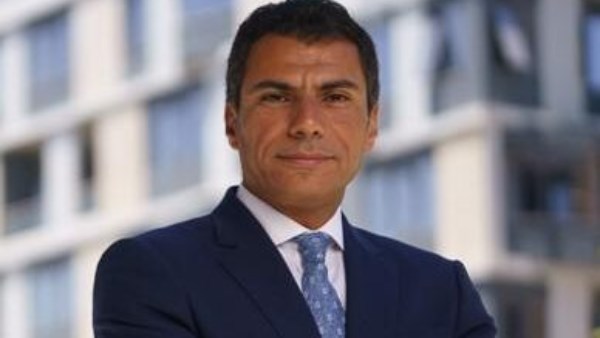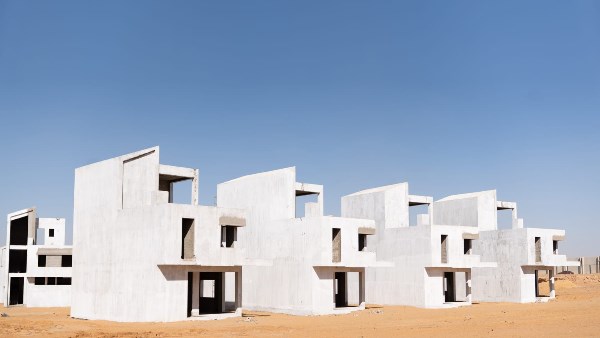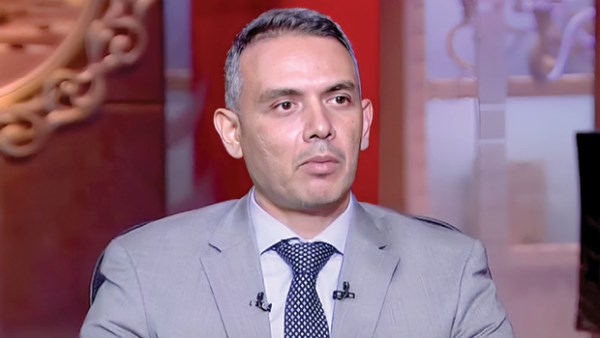
Hong Kong’s seen 107 entity-level property transactions across sectors
Singapore Narrows the Gap With Hong Kong on Real Estate Deals

Singapore is closing in on Hong Kong’s lead in real estate deals as the city-state benefits from its status as a wealth haven، while distressed property sales afflict the rival Asian financial hub.
So far this year، Hong Kong’s seen 107 entity-level property transactions across sectors including office، residential and hotels، and Singapore’s had 96، according to data from MSCI Real Assets. Deals in Hong Kong are 62% lower than in 2021، while Singapore has largely managed to hold its ground despite high borrowing costs. Figures include deals of at least $10 million and are as of last month.
Influx of wealth
This shift in transactions reflects the trend that’s seen Singapore boosted by an influx of wealth and talent resulting in strong demand for offices، climbing home prices and dramatic stories of surging rents. In comparison، Hong Kong has been beset by a prolonged property downturn، especially in the office sector، due to years of pandemic curbs، China’s economic difficulties and increased geopolitical tensions.
“In 2023، we are beginning to see a lot more Hong Kong assets traded at losses relative to what they were acquired for،” Chow said. “By contrast، the vast majority of Singaporean assets traded continue to feature strong capital growth relative to their acquisition prices.”
In one of Hong Kong’s biggest deals this year، receivers sold Goldin Financial Global Center to PAG and Mapletree Investments Pte in a distressed sale. The HK$5.6 billion ($717 million) transaction was “at a significant discount to replacement cost،” PAG and Mapletree said in a statement in January. In Singapore، Frasers Centrepoint Trust’s divestment of Changi City Point translated to a premium of 11% to the acquisition price and an exit yield of 4.3% based on net property income، according to analysts at Citigroup Inc.
In terms of investment volumes، Singapore has recorded $7.53 billion so far this year، while Hong Kong’s total is $5.27 billion.
Smaller transaction volume
A larger number of deals but smaller transaction volumes suggests that Hong Kong buyers are typically the users themselves as compared with Singapore’s purchasers، said CBRE’s Asia-Pacific head of research Henry Chin. For example، the Securities and Futures Commission last month agreed to buy 12 floors of an office tower for HK$5.4 billion، while a historic theater was reported by local media to have been bought by a church.
In Hong Kong’s latest transaction، Chinese sportswear firm Li Ning Co. bought a commercial building in Hong Kong for HK$2.2 billion، for use as its headquarters. The property was valued at about HK$2.5 billion by independent appraisers earlier this month، according to a company statement on Sunday.
“Investors continue to deploy capital into Singapore commercial real estate at the current pricing،” said Chin. “When it comes to Hong Kong، investors become cautious — largely due to the imbalance of demand and supply at present and concerns over China’s recovery.”
The outlook for both cities has one thing in common: a challenging fundraising environment amid rising interest rates. Capitalization rates — the rate of returns expected to be generated on properties — are still trading beneath borrowing costs. Hong Kong’s current capitalization rate for Grade-A offices is hovering at 2.8%، while Singapore’s is at 3.75%، according to the latest CBRE data. Amid tight yields and high borrowing costs، investors are looking to enhance their assets or buy in alternative sectors that have higher returns.
Hong Kong is also hampered by its sluggish economy. Seized en-bloc assets، primarily those previously held by troubled mainland developers، are expected to be put on the market، but any sales may depend on how much banks are willing to lend given the current weak market sentiment and high loan-to-value ratios، according to brokerage Savills Plc.
Singapore may find relief in its position as a wealth haven، said Alan Cheong، executive director of research at Savills Singapore. There will still be a base level of transactions coming from rich families seeking to diversify from riskier assets and countries، he said.
“Singapore has that unique selling point.”





-1120252475029447.jpg)















